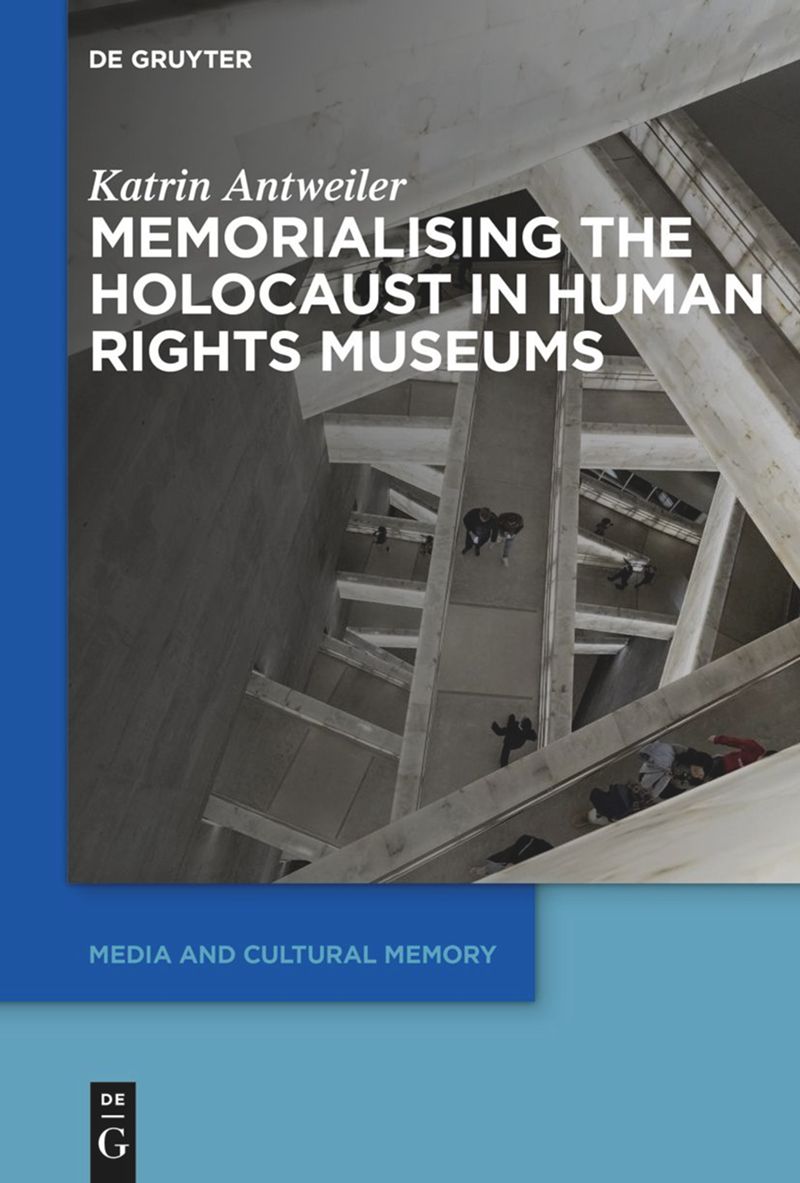
This book provides an analysis of the forms and functions of Holocaust memorialisation in human rights museums by asking about the impact of global memory politics on how we imagine the present and the future. It compares three human rights museums and their respective emplotment of the Holocaust and seeks to illuminate how, in this specific setting, memory politics simultaneously function as future politics because they delineate a normative ideal of the citizen-subject, its set of values and aspirations for the future: that of the historically aware human rights advocate. More than an ethical practice, engaging with the Holocaust is used as a means of asserting one’s standing on „the right side of history“; the memorialisation of the Holocaust has thus become a means of governmentality, a way of governing contemporary citizen-subjects. The linking of public memory of the Holocaust with the human rights project is often presented as highly beneficial for all members of what is often called the „global community“. Yet this book argues that this specific constellation of memory also has the ability to function as an exercise of power, and thus runs the risk of reinforcing structural oppression. With its novel theoretical approach this book not only contributes to Memory Studies but also connects Holocaust memory to Studies of Global Governmentality and the debate on decolonising memory politics.
print
ISBN: 9783110788044
eBook
ISBN: 9783110787979